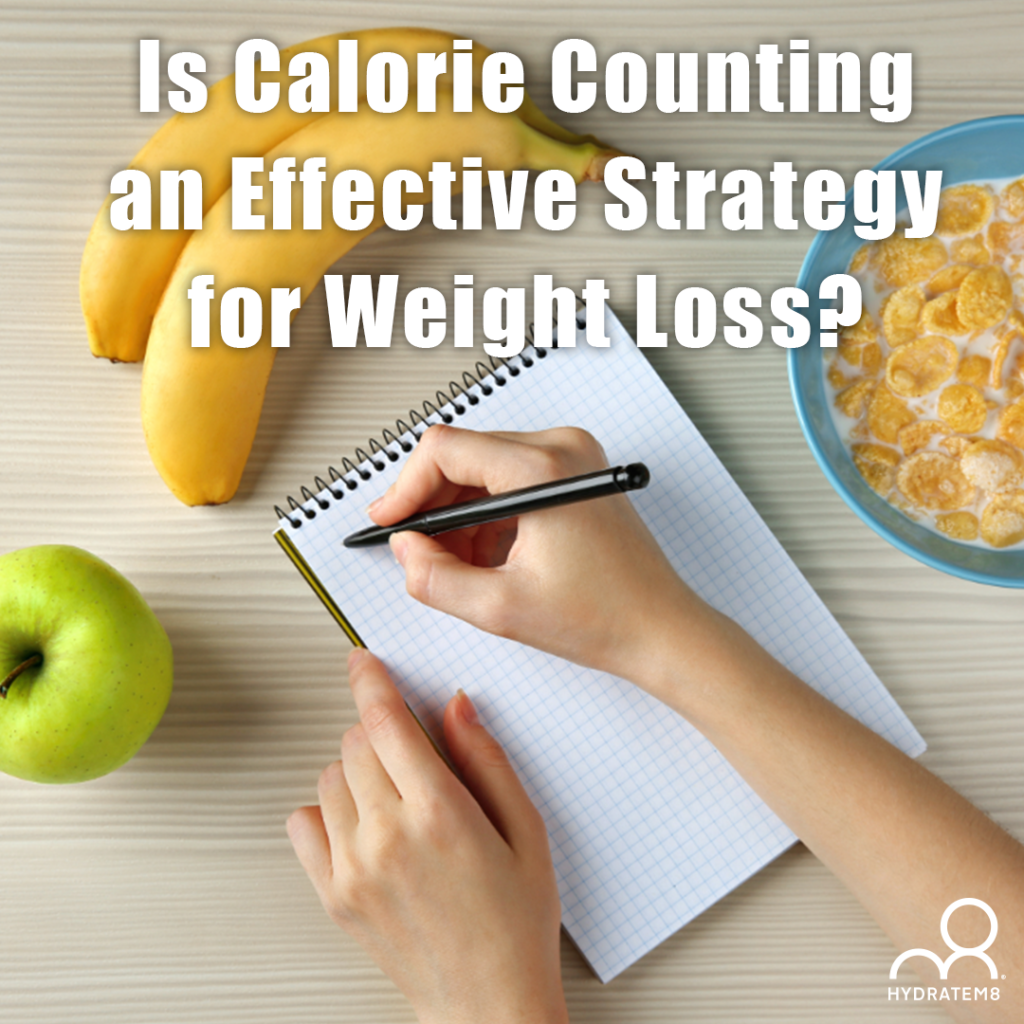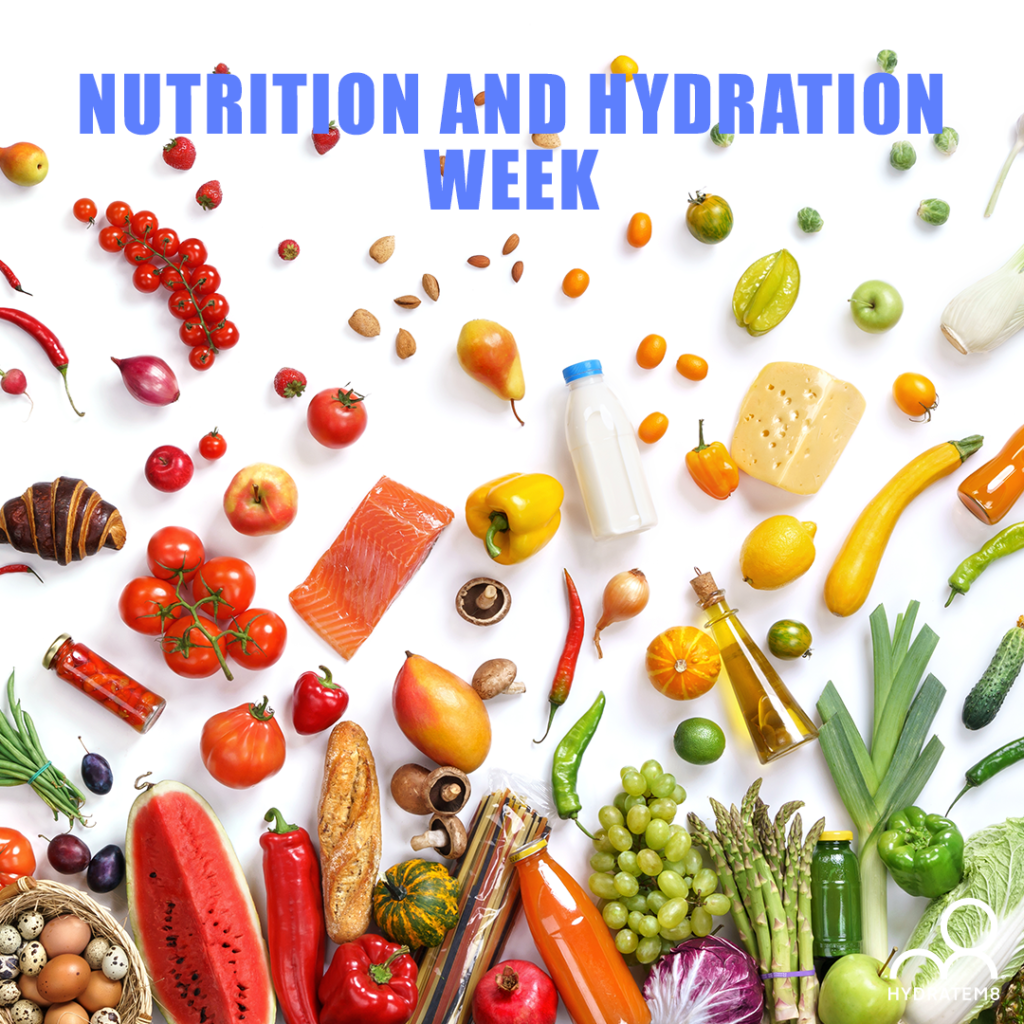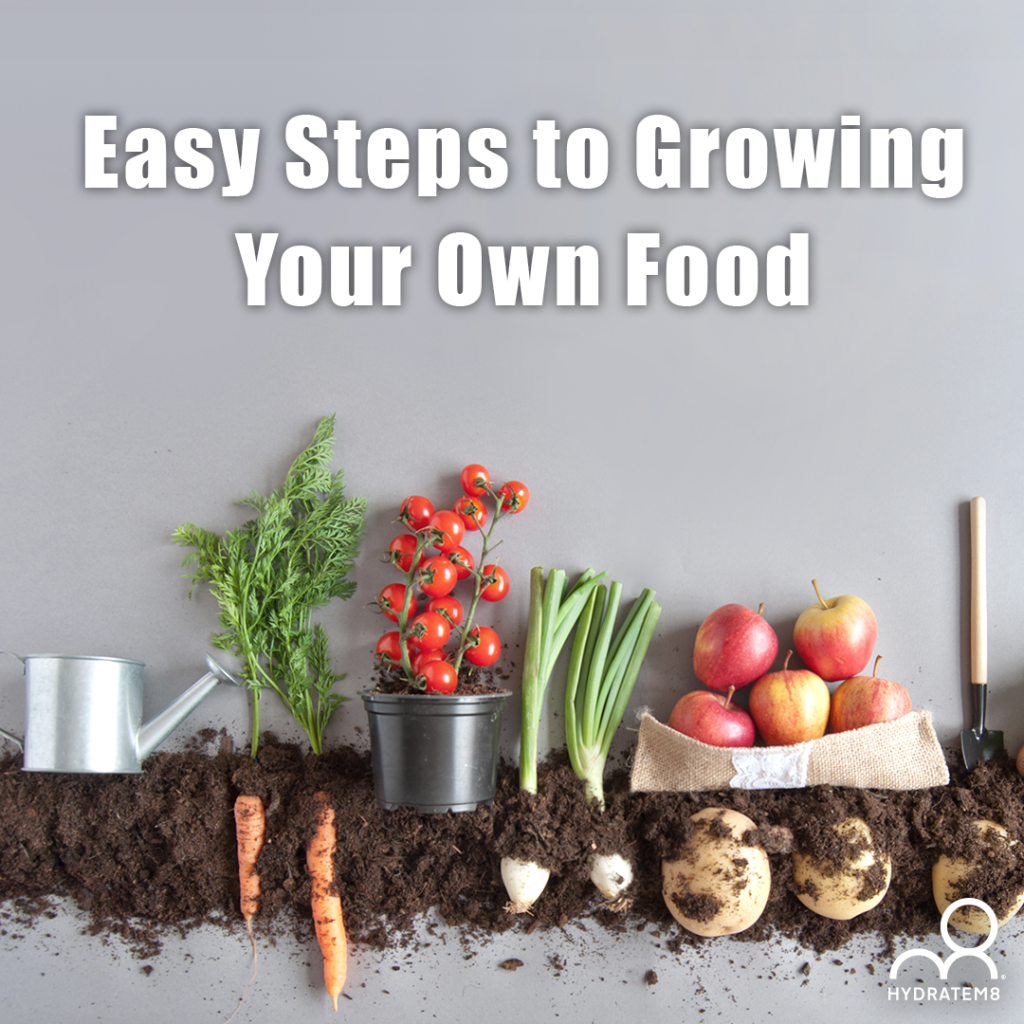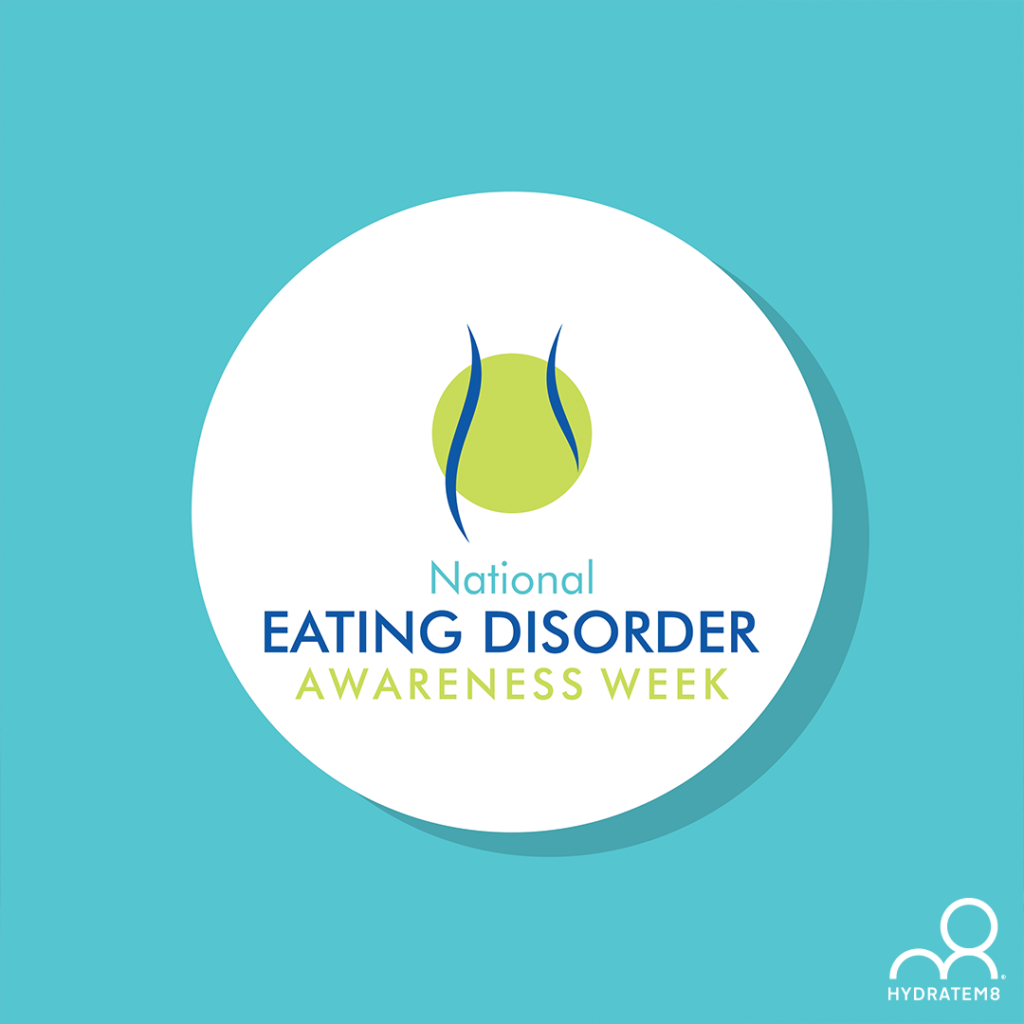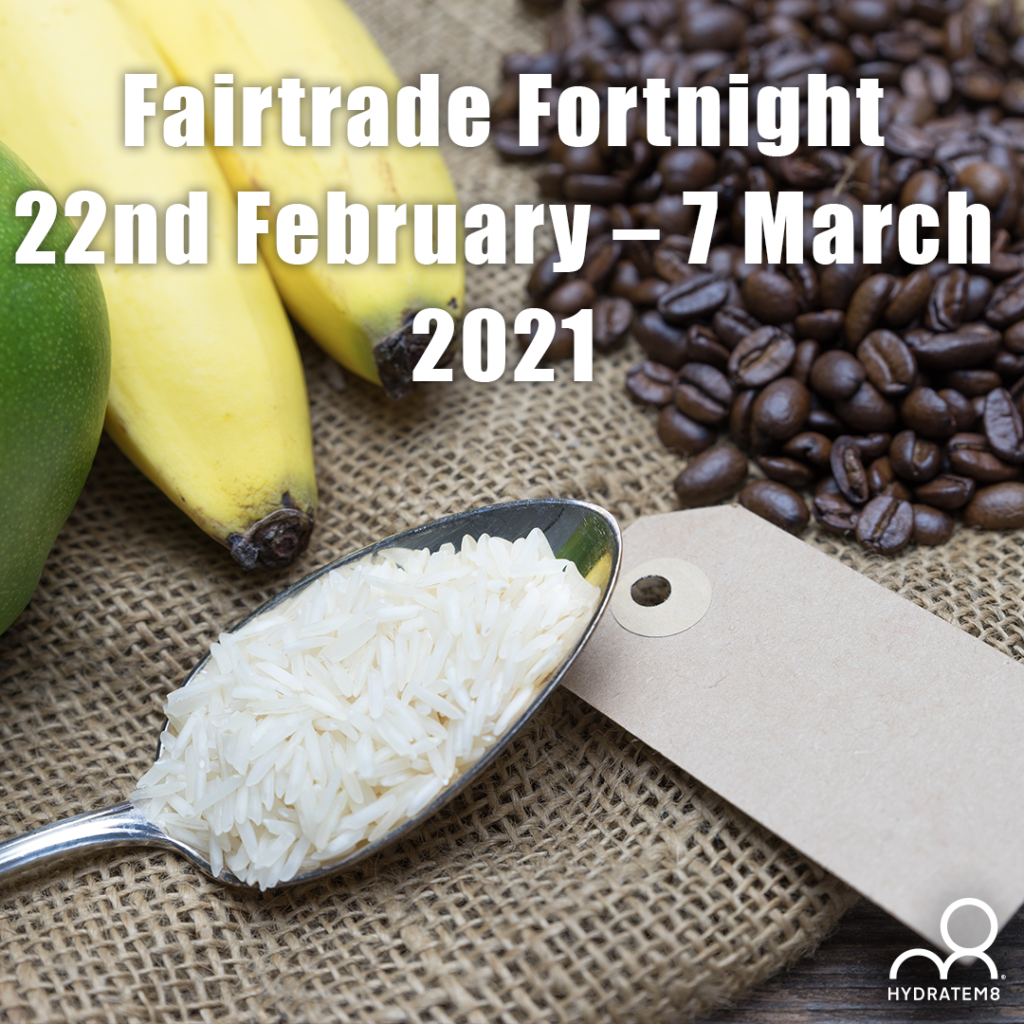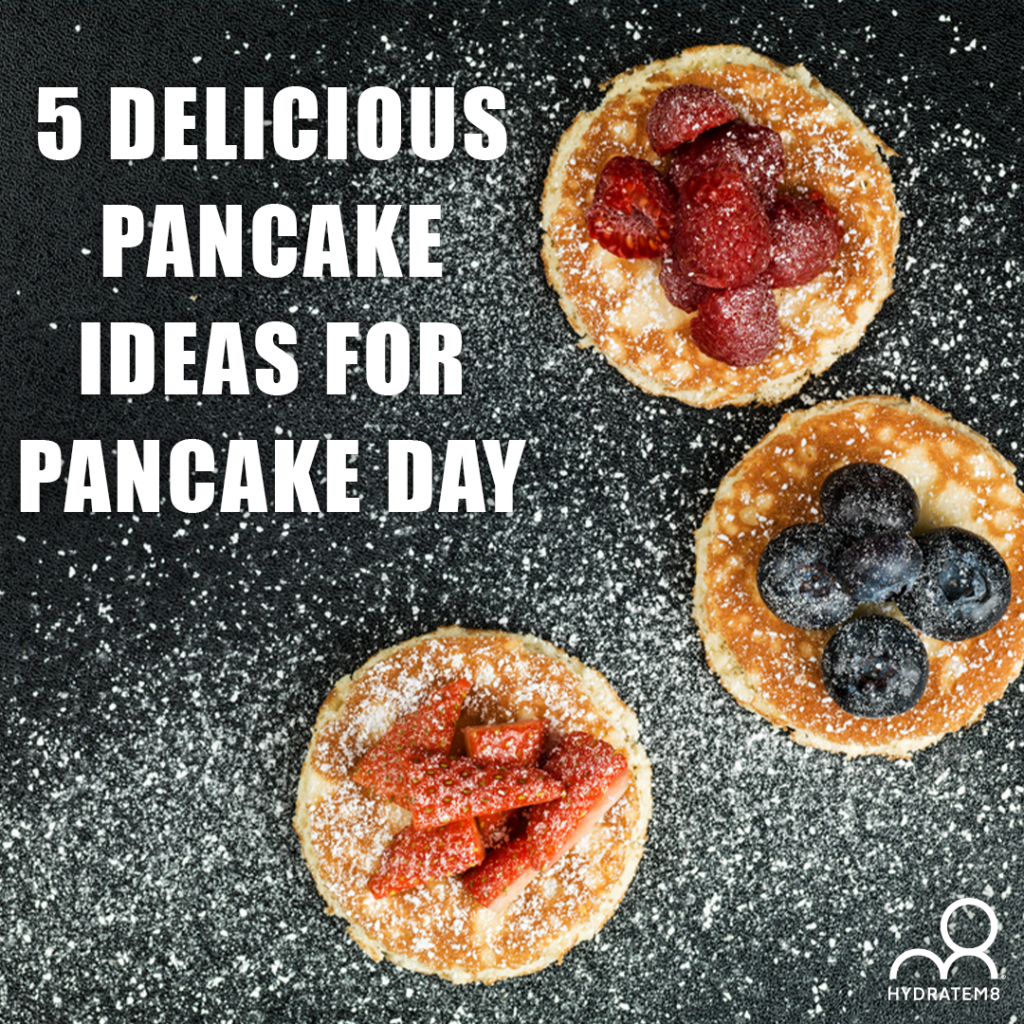The rising cost of food is a consistent feature in the news particularly since Brexit and with the coronavirus pandemic, many of us are feeling the pinch in our pockets. It’s estimated that since 2007, food costs have risen by 20% and it is a trend that’s set to continue.
The reason being that it’s not just the production of food that costs but also storage, transportation, and cooking, all of which have been hit by a rise in fuel costs, too. That means many people are making compromises and cutbacks when it comes to food. Ultimately, that can lead to unhealthier food choices such as those that are preprepared or convenient but not always healthy.
However, there are plenty of things you can do to reduce the cost of your shopping bill and eat a healthier diet for less.
Here are some of our tips.
1. Make a shopping list
It’s so easy to walk around the supermarket and impulse buy if you have not made a shopping list. Start the week by devising a meal plan of what you and your household are going to eat during the week (all meals and snacks) and from that write out a shopping list of all the ingredients you need. When you get to the shop, you’ll be more inclined to buy only what is on your list, saving you money.
It’s also helpful not to go shopping when you’re hungry. That’s because people who shop when feeling peckish are likely to spend more money on unhealthy foods such as sugary and fatty foods.
2. Don’t throw it away
You’ll be surprised at what you can do with your leftover food and even more surprised at just how much you throw away. The average family throws away around £60 of food each month. So, what can you do?
Freeze leftover meals to be used later or save them for lunch the next day. Why not use your leftover chicken carcass from the Sunday lunch and create a hearty homemade chicken soup? You can bulk it out with frozen veg, mushrooms or even noodles for an oriental twist.
3. Freeze leftover bread
Bread is a huge bin culprit. As soon as it reaches its “best before” date it usually finds itself in the bin even if there is nothing wrong with it. That can soon be remedied by freezing the bread in portions ready to be used up. Simply, defrost it when you’re ready to use it again.
Bread is best frozen in airtight containers to prevent freezer burn.
4. Cook from scratch
The pandemic has left many of us with a bit more time on our hands and has reignited our passion for cooking, even if it is just a good excuse for quality family time. Cooking from scratch is cheaper than buying takeaways and ready meals. Plus, home cooked food is a lot healthier as you can control portion sizes and the ingredients that go into your dish.
5. Buy frozen fruit and veg
Frozen fruit and vegetables are often underrated but they are ready to use, there’s no preparation required. They’re good for you and count towards one of your five a day. Plus, there’s a lot less wastage as you can take what you need and pop the rest back in the freezer for later use.
Summary
Eating on a budget doesn’t need to be boring or unhealthy. There are plenty of things you can do to reduce your food bill and still buy healthy, nutritious foods.


